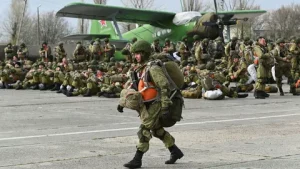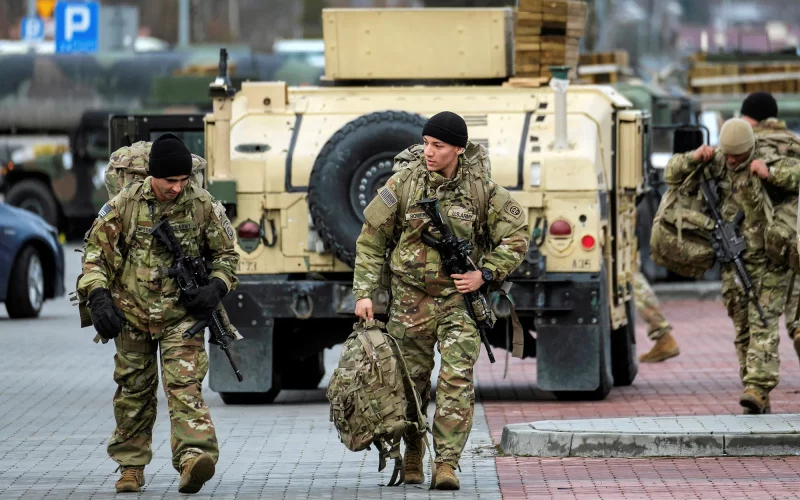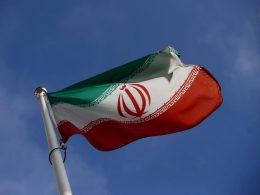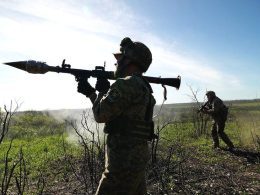The geopolitical landscape of Eastern Europe has been fraught with tension, especially since the Russian invasion of Ukraine in 2022. Amidst this turmoil, Serbia, a nation with historical ties to Russia, finds itself in a complex position. Despite official statements of neutrality, there have been numerous reports indicating that Serbian-made ammunition is ending up in Ukraine. This article explores the multifaceted issue, delving into Serbia’s historical connections, the implications of its arms trade, and the international response.
Historical Context

Serbia’s Ties to Russia
Serbia has long-standing cultural, religious, and political ties with Russia, stemming from shared Slavic heritage and Orthodox Christianity. Throughout history, these connections have influenced Serbia’s foreign policy and military alliances. During the Cold War, Yugoslavia, of which Serbia was a part, maintained a non-aligned stance, yet leaned towards the Soviet Union. In recent years, Serbia has sought to balance its relationships with both Russia and the West, complicating its stance on international conflicts.
Ukraine Conflict Background
The conflict in Ukraine has its roots in the country’s strategic importance and its divided loyalties between Russia and Western Europe. The 2014 annexation of Crimea by Russia and the subsequent war in Eastern Ukraine have polarized global politics. The 2022 invasion by Russia intensified the conflict, drawing widespread condemnation and support for Ukraine from Western nations. Amidst this, the flow of arms and ammunition has become a critical factor in the ongoing war.
Serbia’s Arms Industry
Overview of Serbia’s Arms Production
Serbia boasts a robust arms industry, inherited from the former Yugoslavia, which was known for its advanced military production capabilities. The Serbian defense sector includes state-owned enterprises like Yugoimport SDPR and Zastava Arms, which produce a wide range of military equipment, including small arms, ammunition, and heavy weaponry. These arms are a significant export product for Serbia, contributing to its economy and international influence.
Export Policies and Practices
Officially, Serbia adheres to international arms control agreements, including the Arms Trade Treaty (ATT). These agreements are designed to regulate the export of weapons and ensure they do not end up in conflict zones or in the hands of actors who would use them to violate human rights. Despite these regulations, there have been multiple instances of Serbian-made weapons appearing in conflict zones, raising questions about enforcement and oversight.
Serbian Ammunition in Ukraine
Evidence of Serbian Arms in Ukraine
Reports and investigations by various international watchdogs and media outlets have documented the presence of Serbian-made ammunition in Ukraine. Photographic evidence, serial number tracing, and eyewitness accounts suggest that Serbian arms are being used in the conflict. This raises significant concerns given Serbia’s official stance of neutrality and its commitments under international law.
Routes and Mechanisms of Transfer
The exact mechanisms by which Serbian ammunition ends up in Ukraine are complex and often involve multiple intermediaries. Arms brokers, third-party countries, and covert operations can obscure the origins of weapons. Some reports suggest that Serbian arms may be diverted through neighboring countries or through black market channels, making it challenging to trace the precise path of these shipments.
International and Domestic Reactions
Global Response
The international community has reacted with concern to the reports of Serbian ammunition in Ukraine. Western nations, particularly those supporting Ukraine, have called for greater transparency and accountability in Serbia’s arms trade. International organizations have urged Serbia to tighten its export controls and ensure that its weapons do not contribute to the ongoing conflict.
Domestic Politics and Public Opinion
Within Serbia, the issue has sparked debate among political leaders and the public. Some factions advocate for a stronger alignment with Russia, viewing the arms trade as a means to support a traditional ally indirectly. Others argue for stricter adherence to international norms and a more transparent arms export policy. The government, caught between these opposing views, has often adopted a cautious and non-committal stance.
Analysis Table
| Aspect | Details |
|---|---|
| Historical Ties | Strong cultural, religious, and political ties with Russia |
| Arms Industry | Significant producer of military equipment |
| Export Regulations | Adheres to international arms control agreements |
| Evidence of Arms in Ukraine | Documented by watchdogs, media, and investigations |
| Transfer Mechanisms | Involves intermediaries, brokers, and possible black market |
| International Response | Calls for transparency and accountability |
| Domestic Reactions | Divided opinion among political leaders and public |
Comparative Table: Serbia’s Arms Trade vs. Other Nations
| Country | Arms Export Policies | Evidence of Arms in Ukraine | International Response |
|---|---|---|---|
| Serbia | Adheres to ATT but lax enforcement | Documented by multiple sources | Calls for stricter controls |
| Russia | Major arms supplier, supports separatists | Direct involvement, large-scale arms supply | Sanctions, condemnation |
| USA | Regulated, supports Ukraine directly | Direct military aid to Ukraine | Military and financial support |
| China | Controlled exports, limited involvement | No significant evidence | Limited to diplomatic engagement |
| Turkey | Supports Ukraine, provides drones | Supplies documented | Diplomatic and military support |
Conclusion
The presence of Serbian-made ammunition in Ukraine underscores the complexities of international arms trade and the challenges of maintaining neutrality in a highly polarized conflict. Serbia’s historical ties to Russia, its robust arms industry, and the intricate routes of arms transfer complicate the issue. The international community’s call for greater accountability and transparency reflects the broader concerns about arms proliferation and its impact on global security. As Serbia navigates its position, it must balance its economic interests, historical alliances, and international obligations to contribute to peace and stability in the region.












